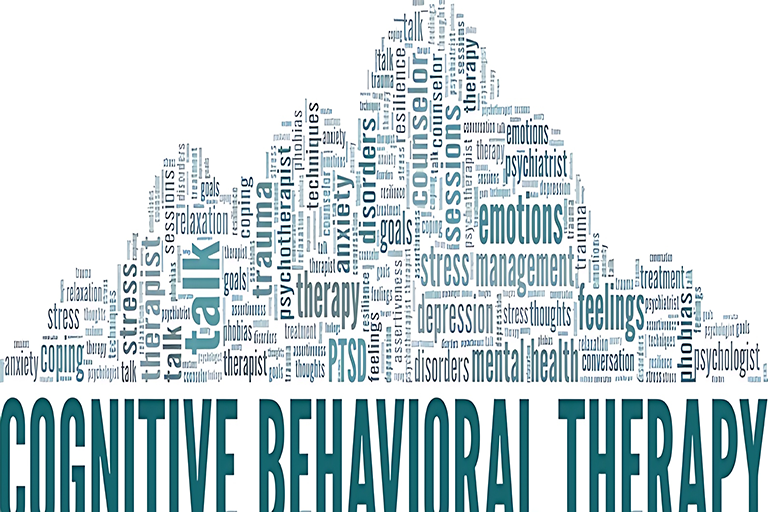Behavioural Therapy for Mental Health Disorders
Behavioural therapy is a form of psychotherapy that focuses on changing maladaptive behaviours through various techniques. This type of therapy is based on the principles of behaviourism and aims to help individuals identify negative patterns of behaviour and replace them with positive ones.
What is the foundation for behavior therapy?
Social learning theory, in particular, serves as the foundation for behavioral treatment. Behavior therapies focus more on the aberrant behavior itself than its underlying causes, in contrast to psychodynamic therapies, which are more concerned with the behavior itself.
Behavioural therapy benefits
Behavioural therapy is used to treat a wide range of mental health disorders, including anxiety, depression, obsessive-compulsive disorder, and post-traumatic stress disorder. It is also effective in treating addiction, phobias, and other behavioural issues.
Behavioural therapy is based on the principles of classical and operant conditioning. Classical conditioning involves learning through associations between stimuli, while operant conditioning involves learning through rewards and punishments. It uses these principles to help individuals identify the environmental and cognitive factors that trigger negative behaviours and replace them with positive ones.
Behavioral therapy has also been shown to benefit patients with the following:
Communication
Coping techniques
improved mental habits
Self-esteem
Behavioural therapy techniques
The techniques used in behavioural therapy may include modeling, role-playing, and reinforcement. Modeling involves showing the individual how to perform a specific behaviour correctly. Role-playing involves the individual practicing the behaviour in a simulated situation. Reinforcement involves rewarding the individual for positive behaviours, which helps to strengthen the behaviour.
Behavioural therapy is typically short-term and focused on achieving specific goals. The therapist and individual work together to develop a treatment plan that addresses the individual’s specific needs and goals. The therapist may use a variety of techniques to help the individual change their behaviour, such as exposure therapy, where the individual is gradually exposed to the feared stimulus or situation in a safe and controlled environment to help them overcome their anxiety.
Behavioural therapy is an evidence-based approach that has been proven to be effective in treating a wide range of mental health disorders and behavioural issues. It is often used in combination with other types of therapy or medication to achieve the best results. It is also a highly structured and goal-oriented approach, which makes it an effective treatment option for individuals who are struggling with specific issues such as addiction or phobias.
Behavioural therapy treatments
To change behavior, behavioral therapy procedures employ reinforcement, punishment, shaping, modeling, and other related strategies. Due to their high level of attention, these techniques can deliver results quickly and efficiently.
How effective is behavioral therapy?
Treatment for mental health conditions like depression, post-traumatic stress disorder (PTSD), and eating disorders can benefit greatly from using CBT, either by itself or in conjunction with other therapies. On the other hand, not everyone who benefits from CBT has a mental health issue.
What benefit does behavior treatment offer?
The focus of behavioral therapy is on issues and behaviors. The fact that behavioral therapy can be used to address a variety of mental health issues and co-occurring diseases is one of its main advantages. The following are other crucial advantages of behavioral therapy for teenagers: provides specific, measurable skills.
Conclusion
In conclusion, It is a highly effective form of psychotherapy that can help individuals identify and change negative patterns of behaviour. The therapy is based on the principles of behaviourism and uses evidence-based techniques to help individuals achieve their goals. If you are struggling with a mental health or behavioural issue, behavioural therapy may be an effective treatment option to consider. It is important to seek help from a trained therapist who can guide you through the therapy and help you achieve the best possible outcome.
FAQ – People Also Ask
Shruti Dua, Mental Health Blogger, YOUR Confidant





